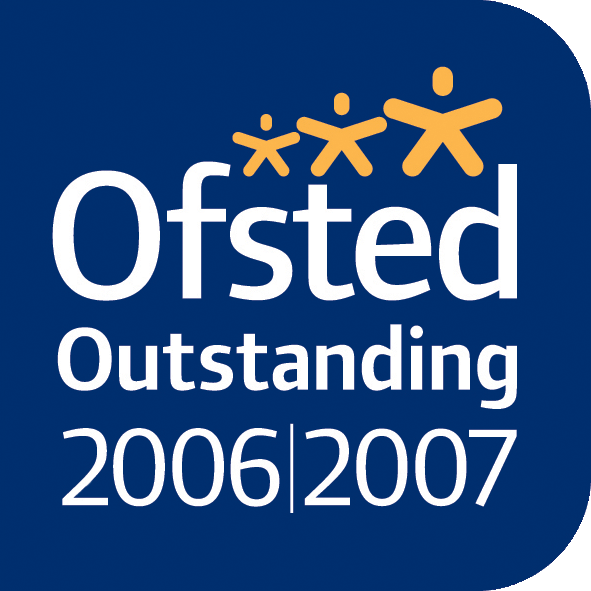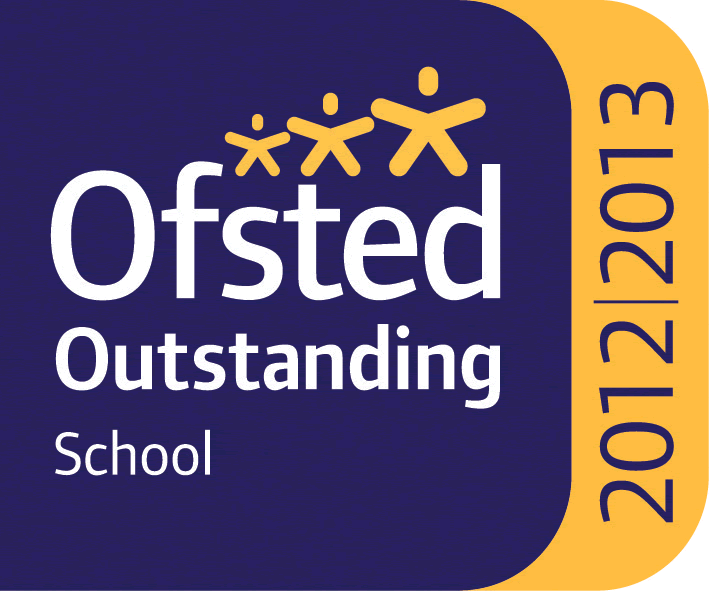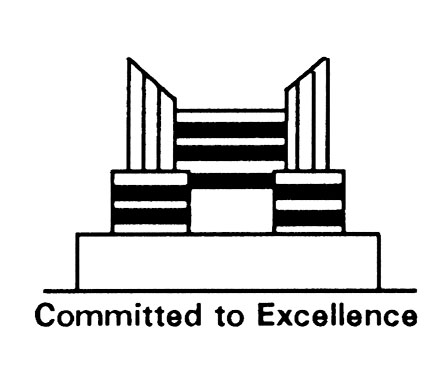Key Stage 3 - Performing Arts (Drama and Music)
Key Stage 3 - Drama
Introduction
Drama is viewed as an academic subject here at The Heathland School, and we operate a skills-based approach which aims to inspire every pupil and nurture their creativity. In KS3, Drama is split into 6 key learning strands: Rehearsing, Physical Skills, Vocal Skills, Staging Skills, Theatrical Techniques and Analysis. These areas are explored in a variety of topics looking at both classical and contemporary styles of theatre.
|
Year 7 Autumn Term |
Spring Term |
Summer Term |
|
Pantomime: Introducing the key skills for acting and the 5 key sections of a narrative structure. Practical exploration of a traditional British theatrical style of Pantomime. |
Epic Theatre and Brecht: First steps into the world of the revolutionary German theatre practitioner. Looking at creating meaningful theatre in the form of Epic theatre |
Shakespeare: An action-packed introduction to the famous bard. Students explore Shakespearian language and what it takes to take a script from page to stage. |
|
Year 8 Autumn Term |
Spring Term |
Summer Term |
|
Melodrama: Revisiting Pantomime and using it to springboard into a variety of exaggerated performance styles including Victorian Melodrama, Clowning, Commedia Dell’ Arte and Farce |
Physical Theatre: Experimenting with non-naturalistic storytelling without words, and beginning to incorporate the methods of a contemporary company, Frantic Assembly, to create drama |
Naturalism and Stanislavski: Introducing another key theatrical practitioner, and building a toolkit of techniques that he used to create layered and fully believable performances
|
|
Year 9 Autumn Term |
Spring Term |
Summer Term |
|
Puppetry and Mask: Exploring how stories can be told beyond the constraints of an actor using puppets and masks to broaden skills and expand knowledge of how theatre is made
|
Script Work: Building on how scripts are structured and taking a sneak peek into GCSE Drama work. Students will further their understanding of scripts by beginning to analyse their content and themes
|
Devising: In preparation for GCSE study, students will refresh their knowledge of a number of theatre styles covered across Key Stage 3 to create an original piece in concept, content, and structure.
|
Key Stage 3 - Performing Arts: Music
Key Stage 3 - Music
Introduction
The overarching aim for Music at Key Stage 3 is to engage and inspire pupils to develop a love of music and their talent as musicians, and so increase their self-confidence, creativity and sense of achievement. We explore a range of music from across the world and pupils are challenged to consider the different cultures, beliefs and history that can inspire them.
|
Year 7 Autumn Term |
Spring Term |
Summer Term |
| Introduction to Music: Introducing the key skills for musical performance and appreciation, including singing, keyboard skills, guitar skills, the initial elements of music, pitch, dynamics and tempo, and treble clef notes. |
Rhythm and Time Signatures: Using xylophones to learn about note names and values and improvising. Then onto keyboards to learn about time signatures and perform chord sequences. |
Programme Music and Graphic Notation: Analysing the features of Programme Music through studying and performing motifs from Peter and the Wolf. Composing character themes and performing their own piece of Programme Music in pairs. Learning alternative methods of writing and performing music via Graphic Notation. |
|
Year 8 Autumn Term |
Spring Term |
Summer Term |
|
Structure & Tonality and African Music: Understanding the building blocks of music. How music is laid out and the different types of keys used in music. Learning to sing and perform on African percussion instruments. Beginning to improvise and work as an ensemble. |
Reggae and Film Music: Learning the features of Reggae and performing classic reggae songs while developing their singing and keyboard skills. Analysing the Elements of Music in film music and performing the iconic motifs from James Bond |
Gamelan and Cuban Music: Learning the features of Indonesian Gamelan and Cuban music. Performing in groups to develop ensemble skills while focusing on rhythm and accuracy.
|
|
Year 9 Autumn Term |
Spring Term |
Summer Term |
|
Cover Songs and Song Writing: Building on the Elements of Music and how to analyse what you hear. Performing on the keyboard with 2 hands and singing in a group. Writing your own lyrics and melodies and composing chord sequences for a group song.
|
The Blues: Learning the features and performance skills required to play the Blues. Deepening your singing and ensemble. Learning to improvise on the keyboard and play the drum kit in a swing style.
|
Samba Music: Developing your ensemble, keyboard and percussion skills. Consolidating the skills learnt throughout Key Stage 3 in Music and giving all students the skills to take GCSE Music if they wish. |




